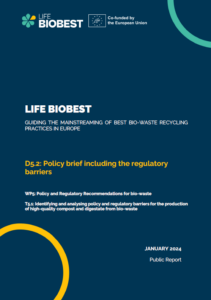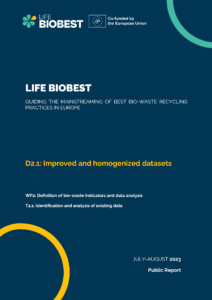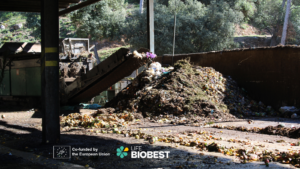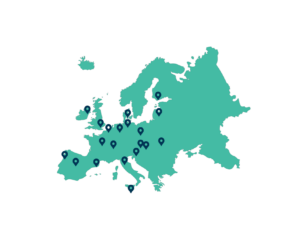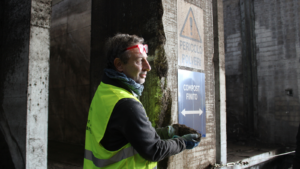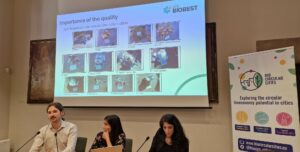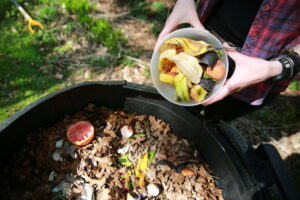The LIFE BIOBEST Project
In light of the EU’s Waste Framework Directive, member states will be required to collect bio-waste separately by the end of 2023, significantly increasing the availability of bio-waste for composting and anaerobic digestion. Yet, considering the large disparities in bio-waste collection and treatment across the EU, it’s crucial to identify and validate best practices and Key Performance Indicators (KPIs) along the bio-waste management chain. Unlocking the full potential of bio-waste recycling requires an ambitious project like LIFE BIOBEST.
Find out more about the project’s key results, upcoming events and webinars, and take part in this forward-looking initiative!
Our aim
Promote greater efficiency in bio-waste management by identifying and validating best practices, from production to treatment, and establishing a list of reference key performance indicators (KPIs) for the sector.
Breaking down barriers and paving the way for change – Through dynamic networking activities, co-creation meetings and capacity-building events with all relevant stakeholders, we will develop and share innovative solutions and strategies to overcome the barriers preventing the adoption of validated best practices.
Empower local and regional authorities with comprehensive EU guidance and two decision support tree guides, customised to their specific context, offering feasible strategies and instruments to achieve efficient collection and recycling of bio-waste into high quality compost and digestate.
Introduction of premium European standards for bio-waste entering the composting and anaerobic digestion process, guaranteeing optimal management processes and a safe return to soil.
Recognizing bio-waste as a cross-cutting resource, BIOBEST activities aim to trigger a positive ripple effect on key EU policy areas, including soil health, energy, agriculture and pollution reduction (e.g animal by-products regulation, farm-to-fork strategy, renewable energies directive, bioeconomy strategy, zero pollution action plan, fertilisers regulation).
Our mission is clear: to guide the mainstreaming of best bio-waste management and recycling practices, closing the gap in the biological cycle to enrich our depleted soil with high quality compost!
Work Packages
-
WP1Project management and coordination
-
WP2Definition of bio-waste indicators and data analysis
-
WP3Set of guidelines
-
WP4Networking and co-creation
-
WP5Policy and regulatory recommendations for bio-waste
-
WP6Communication and dissemination
-
WP7Sustainability, replication and exploitation of project results
Publications
Events
Upcoming events
Past events
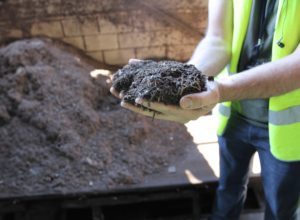
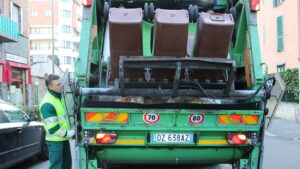
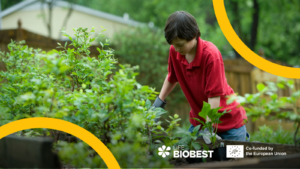

Project Partners
Lead organisation
-
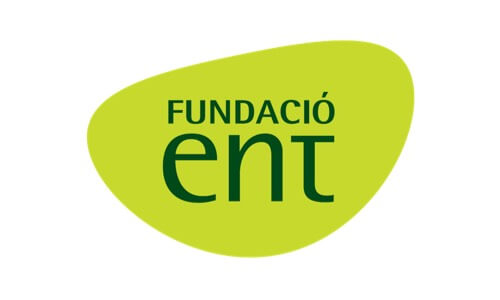 ENT Foundation
ENT Foundation
Partner organisations
-
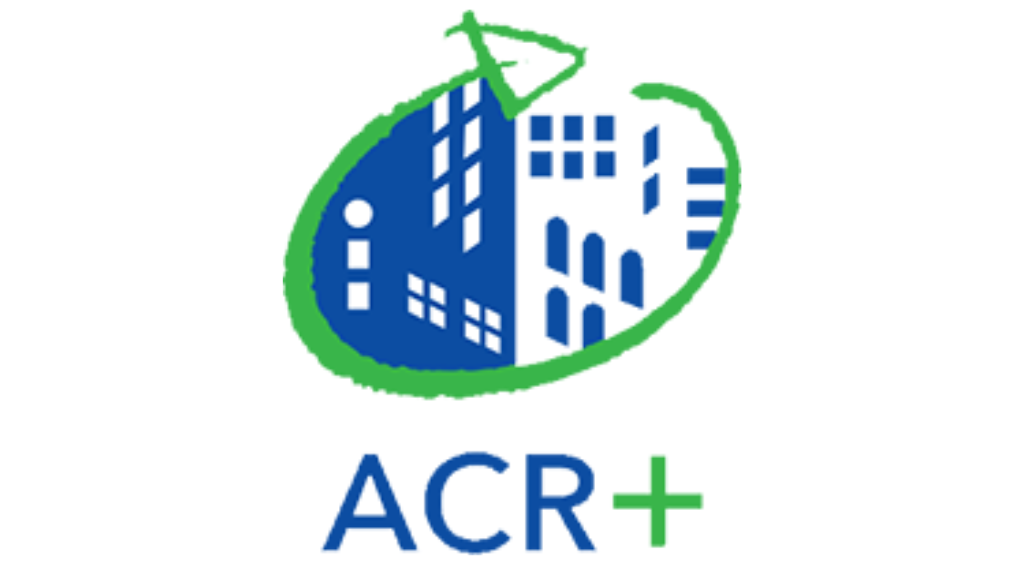 ACR+
ACR+ -
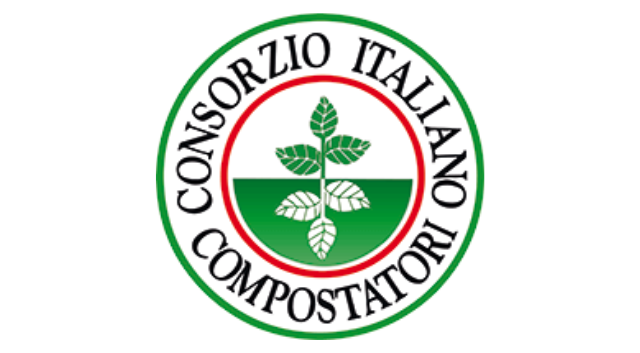 Consorzio Italiano Compostatori
Consorzio Italiano Compostatori -
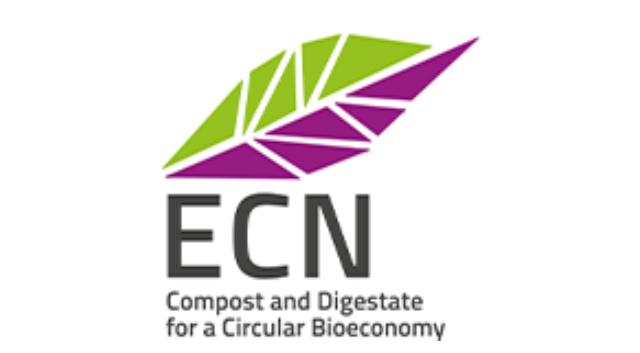 European Compost Network
European Compost Network -
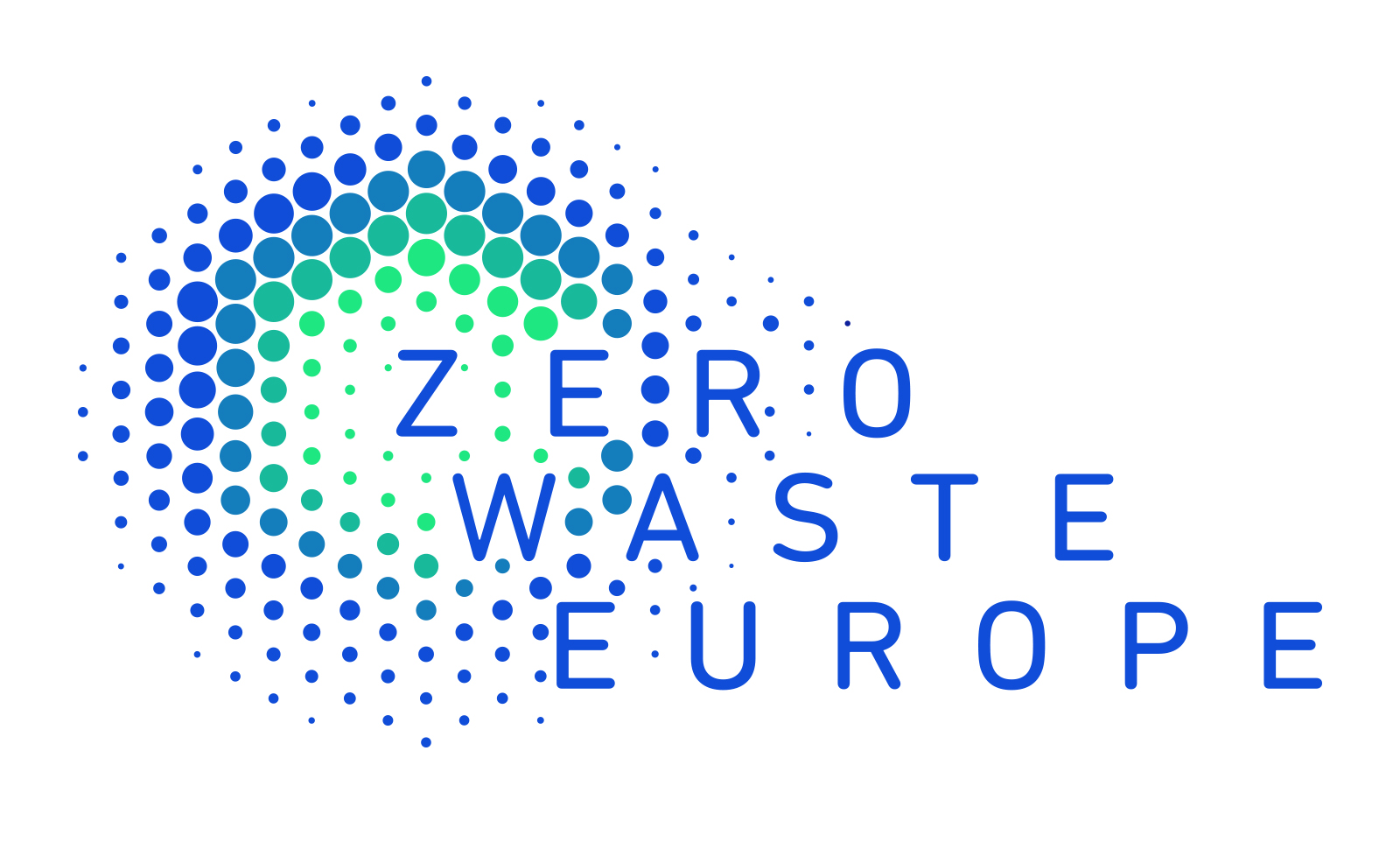 Zero Waste Europe
Zero Waste Europe
Stakeholder Network
Latest news
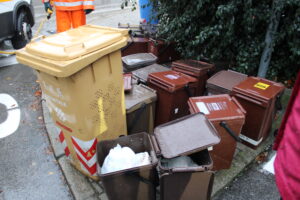
#LIFEBIOBEST blog: Bio-waste separate collection takes off
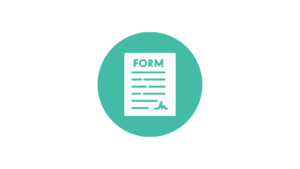
Offer for local and regional authorities & stakeholders: register to request technical support for the implementation and/or improvement of bio-waste collection in your territory.

Call for tender: External support for training on expense reporting and management (CIC) - deadline 31 January 2024
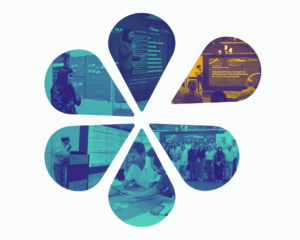
Towards high-performing separate collection systems for bio-waste: Insights from the first LIFE BIOBEST capacity-building workshop
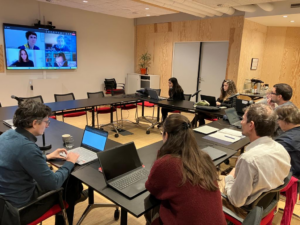
LIFE BIOBEST celebrating the 3rd Steering Committee Meeting in Brussels
Get in touch
-
 Gemma Nohales DuarteProject Coordinator at ENT
Gemma Nohales DuarteProject Coordinator at ENT -
 Mike StinavageProject Coordinator at ENT
Mike StinavageProject Coordinator at ENT -
 Eva Maria Lopez HernandezExpert on Collaborative Project Management at CIC
Eva Maria Lopez HernandezExpert on Collaborative Project Management at CIC -
 Jean-Benoît BelSenior Project Manager at ACR+
Jean-Benoît BelSenior Project Manager at ACR+ -
 Manon JourdanImplementation Officer at ZWE
Manon JourdanImplementation Officer at ZWE -
 Steffen WalkScientific Officer at ECN
Steffen WalkScientific Officer at ECN
Funded by
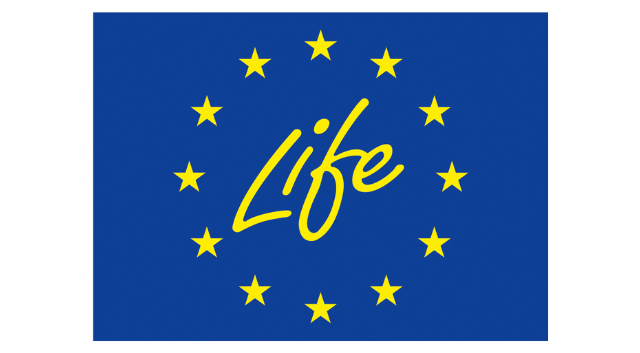
Funded by the European Union. Views and opinions expressed are however those of the author(s) only and do not necessarily reflect those of the European Union or the CINEA – EC. Neither the European Union nor the granting authority can be held responsible for them.





